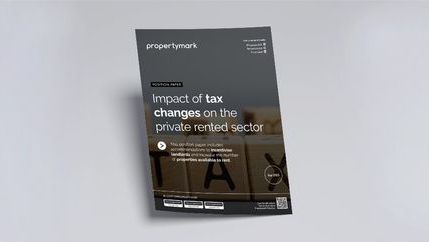
What is the challenge about?
The case was brought by property owners who argued that the Council had not properly assessed the impact of the policy. The Judge agreed a review could go ahead on the basis that the council’s Cabinet may not have clearly understood the nature and extent of the changes to the county’s planning regime, and this could undermine the policy’s effectiveness,
Why this matters
The outcome will set a precedent for other councils in tourist areas, many of whom are watching closely to see if such restrictions can withstand legal scrutiny.
Gwynedd is acting to address a critical housing situation, with over 65% of the local population priced out of the housing market. As well as Article 4, the Council was also quick to exercise new powers to hike Council Tax premiums to 150% from April 2023, which was followed by a 12.4% drop in house prices.
Propertymark has consistently warned of the risks of blunt interventions. When poorly designed, such measures can distort local markets, reduce investment and create uncertainty for both property owners and agents.
The bigger picture
The debate goes far beyond Gwynedd. Across the UK, housing supply remains under severe pressure. Many landlords have exited the private rented sector due to increased tax and regulatory burdens, with a significant proportion of those properties moving into the short-term holiday market instead.
If councils rely solely on punitive restrictions or tax hikes, they risk shrinking the supply of homes available to rent long-term. This could drive up rents further and undermine efforts to keep local communities sustainable.
Propertymark’s call for balance
The Welsh Government and local authorities must adopt a balanced approach. Planning powers should be combined with positive incentives to encourage landlords to let homes on long-term tenancies. This means:
- Reviewing tax changes that have made buy-to-let investment less attractive.
- Offering targeted financial support for landlords to improve energy efficiency and property standards.
- Ensuring any new restrictions are based on clear evidence and accompanied by robust enforcement of existing rules.
Councils need tools to manage housing pressures, but these must not come at the expense of private rented sector supply. A stable, long-term rental market is essential if communities are to thrive.
Impact of tax changes on the private rented sector
Using survey data from Propertymark members, and other private and public sector organisations, this position paper highlights the detrimental impact that government decisions since 2015 have had on the tax and financial situation for landlords in the PRS.






